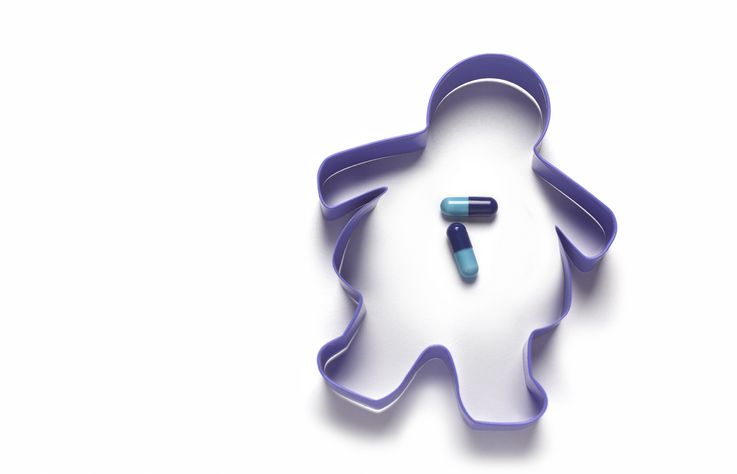As DreamIt Ventures kicks off a call for applications for its second class of DreamIt Health in Philly, more and more applicants have smartphone diagnostic tools. This trend in mhealth devices is prompting a shift in how DreamIt characterizes the accelerator to include not just health IT to health tech. It also wants startups to be more aware of regulatory requirements.
In an interview with MedCity News, Elliot Menschik, managing partner for healthcare with DreamIt Health and the head of shared workspace Venturef0rth, said DreamIt it needs to prepare class members to navigate the FDA in mobile health settings. “More and more, we will see companies that need to [know how to] navigate the FDA in an mHealth setting,” he said. “We ask them, ‘Have you thought about how the FDA will treat this?’ It’s a big, eye-opening experience for them. But we’re in a much better position to help those companies than ever.”
It matches successful applicants with appropriate mentors who can offer the most relevant experience.

With the Rise of AI, What IP Disputes in Healthcare Are Likely to Emerge?
Munck Wilson Mandala Partner Greg Howison shared his perspective on some of the legal ramifications around AI, IP, connected devices and the data they generate, in response to emailed questions.
Biomeme is one example of the startups it’s attracting. It’s molecular diagnostic platform is much more complex than what you’d expect from a health IT accelerator. It has developed a diagnostic platform that uses a smartphone to detect the presence of a pathogen in saliva, blood or urine. It’s currently doing tests with Drexel University and Penn to evaluate its effectiveness in detecting sexually transmitted diseases.
Independence Blue Cross and Penn Medicine are returning as collaboration partners. DreamIt Health is accepting applications through May 16 from healthcare startups. It expects to choose up to 10 early stage companies by June 16. The four-month boot camp starts in July. Although it does not pick companies based on their location, accepted companies are expected to be based in Philadelphia for the duration of the program.
Also looking for prospective applicants is the Digital Health Accelerator. It’s based at the University City Science Center. Some DreamIt Health alumni have been tapped to apply, which Menschik says is great for these early-stage companies because it lengthens their runway. Successful applicants to the program get up to $50,000 to invest in their businesses. The program is funded by the state of Pennsylvania’s economic development arm. Companies should contact Aron Starosta at [email protected] for more information. The deadline for applications is March 31.
[Photo from BigStock Photos]













